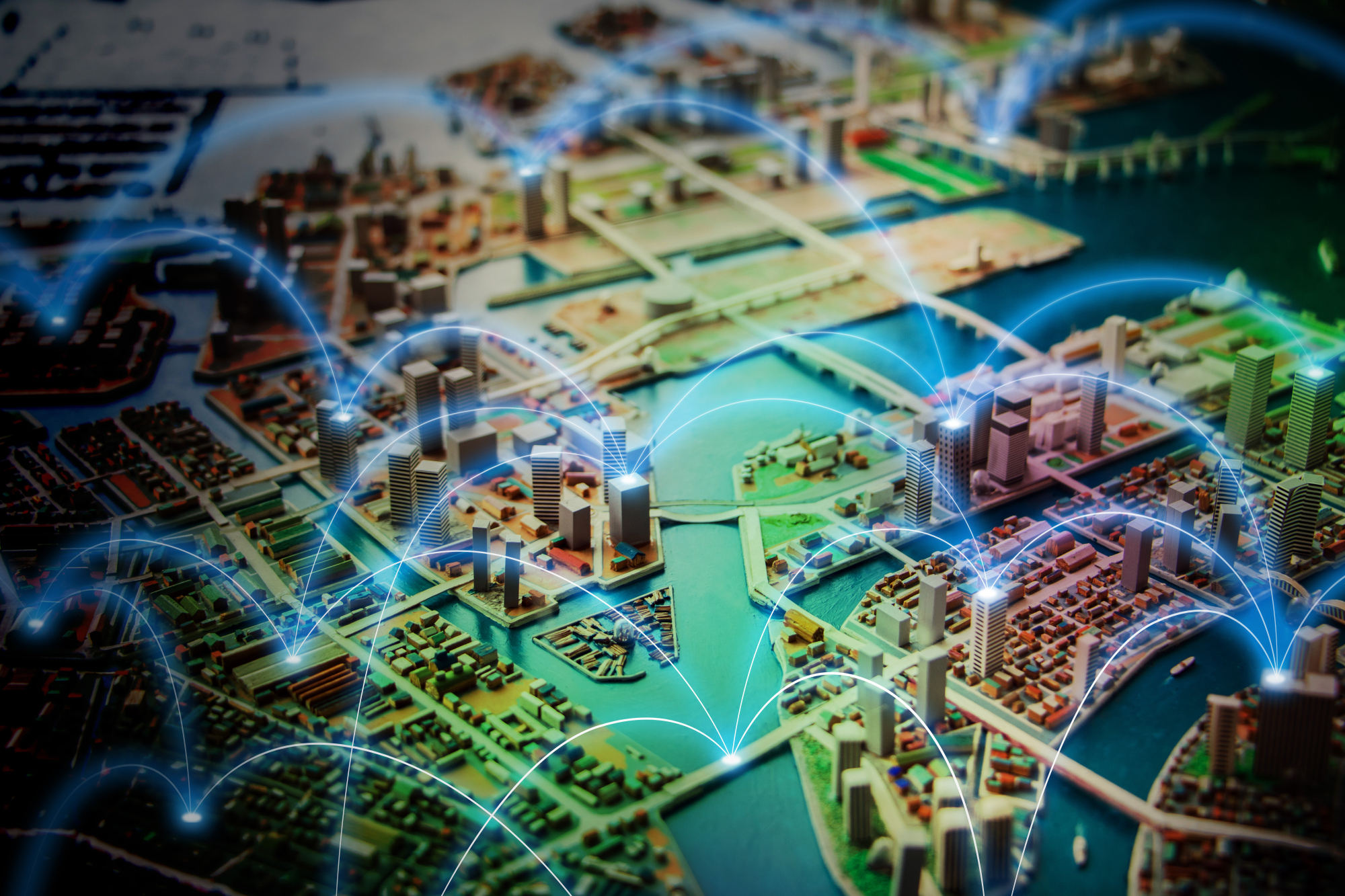I had a chance to visit Alibaba's headquarters at the end of August. The company recently made headlines by racking up ¥3.5 trillion in sales on "singles' day" on Nov. 11. But Alibaba is no longer a mere online shopping firm. It is a Fourth Industrial Revolution enterprise going to change the world by combining big data and artificial intelligence.
Jack Ma launched Alibaba in a public apartment 19 years ago. Its market value is now several times that of Japan's largest company and has a presence close to that of the U.S.-based IT giants like Google, Apple, Facebook and Amazon. Alipay, its payment settlement system used by 500 million people in China, is a symbol of China's cashless economy. It is even said that its scoring system is changing people's behavior.
A gigantic screen in the entrance of the Alibaba headquarters, showing road traffic situations on Hangzhou's main roads in real time, was particularly impressive. A system developed by Alibaba is optimizing traffic signals by feeding the big data into an AI program. It has reduced the city's traffic congestion by 20 percent. The most spectacular result is said to be halving the time for an ambulance to reach the scene of an emergency. Alibaba already sells the system abroad and the city of Kuala Lumpur has decided to introduce it. What's important is that the Fourth Industrial Revolution is changing urban spaces and their whole management.

















With your current subscription plan you can comment on stories. However, before writing your first comment, please create a display name in the Profile section of your subscriber account page.